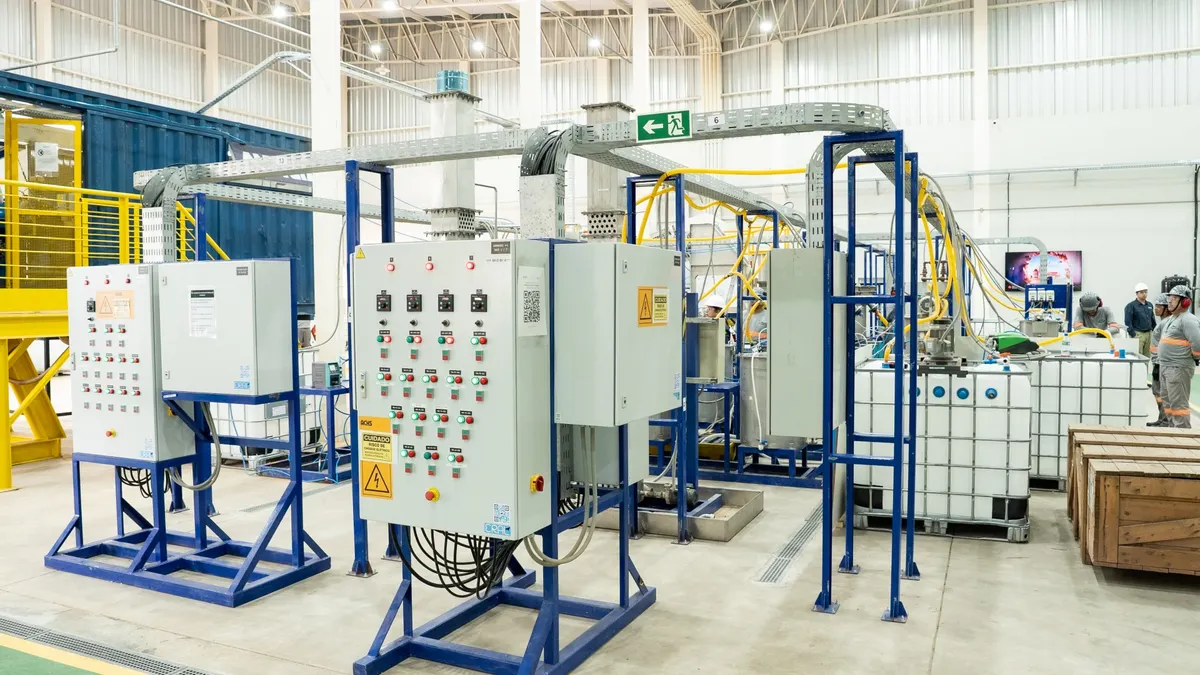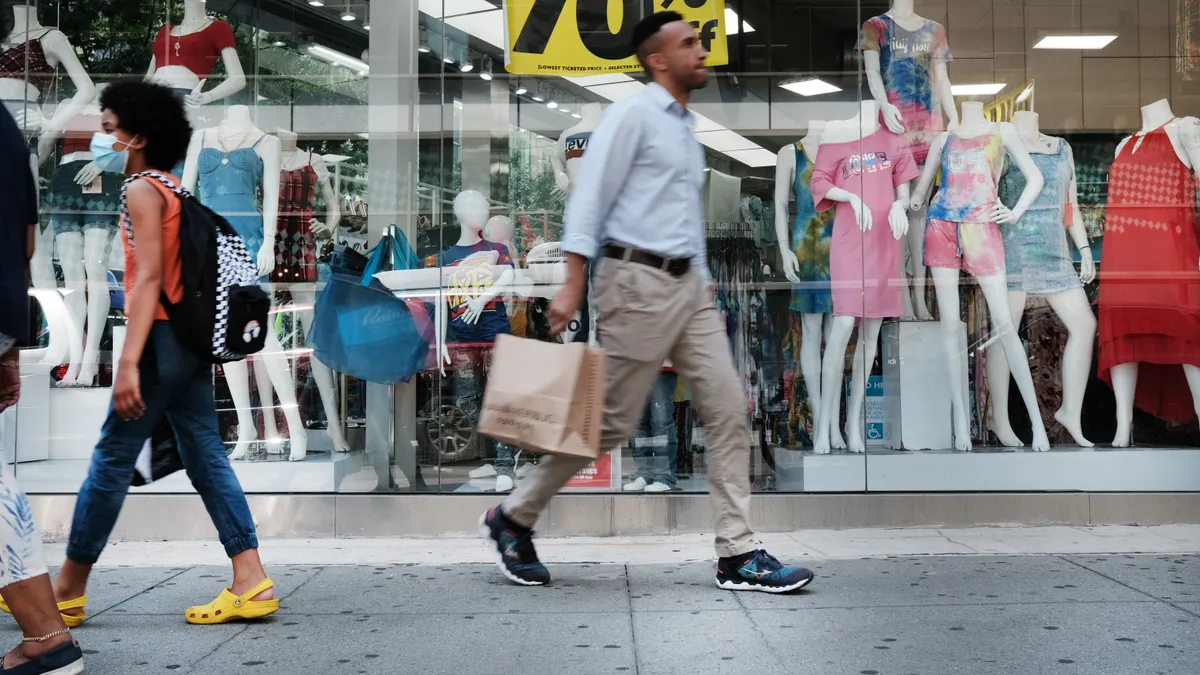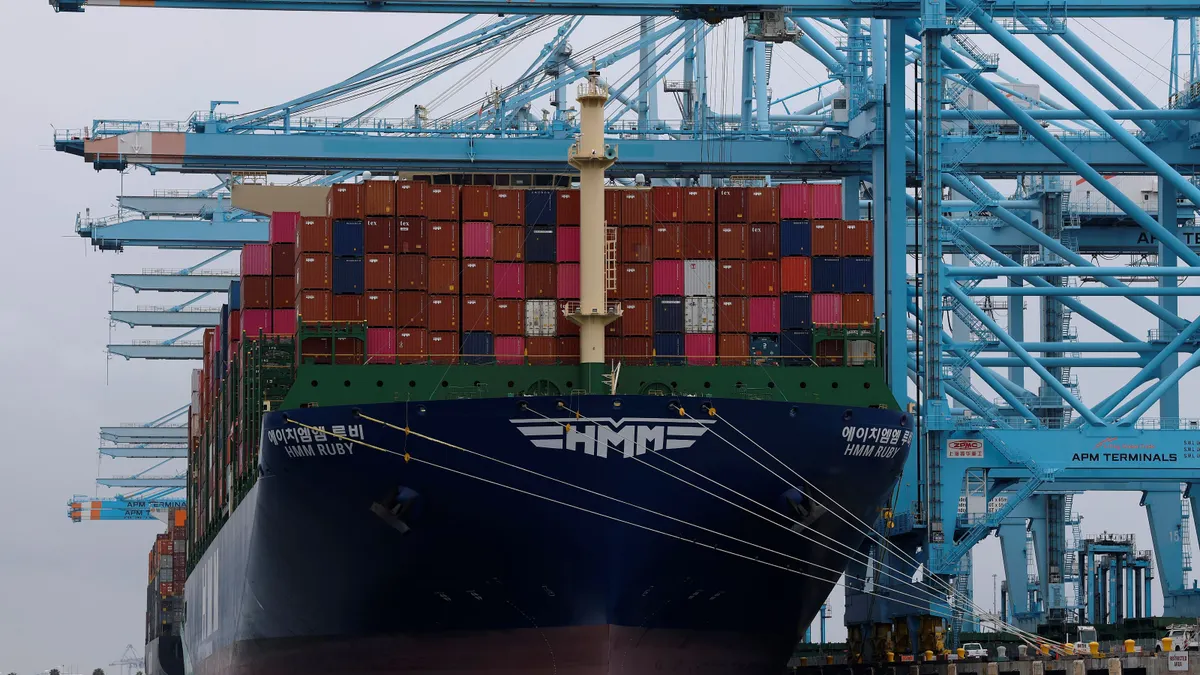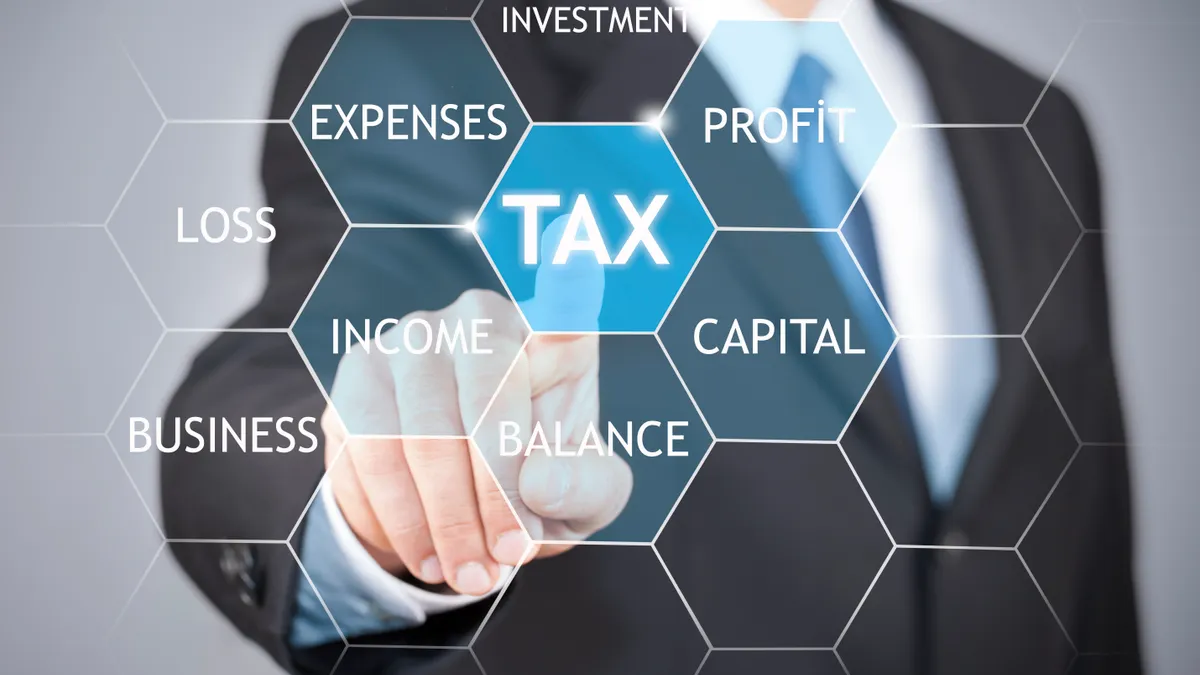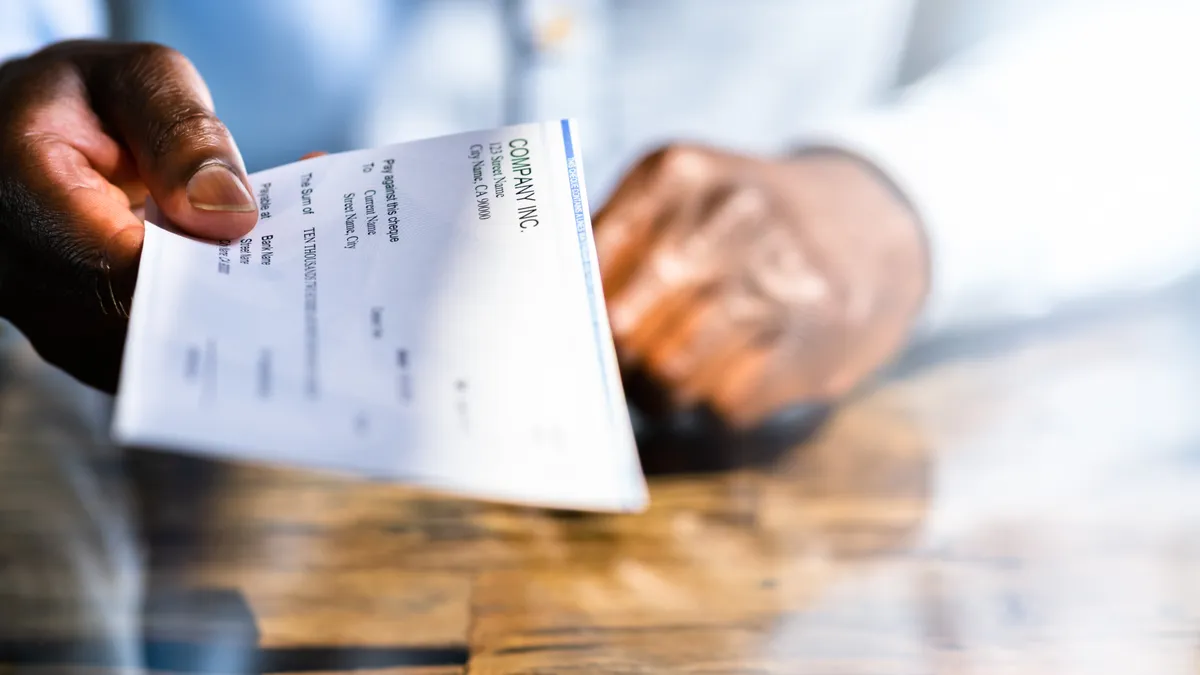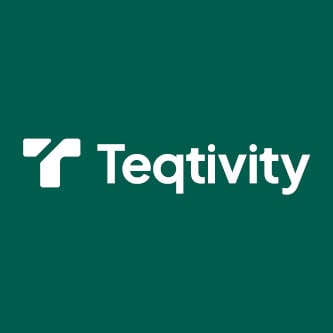Aclara Resources CFO Francois Motte is pushing to ink deals with automakers and other companies eager for rare earth minerals — key components of such industrial goods as electric vehicles, wind turbines, robotics and cell phones.
The finance chief of the Canada-based miner since 2021, Motte is navigating a tricky path: He aims to close contracts in order to convince lenders to provide more than $1 billion in financing to develop South American pilot projects.
If all goes well, Motte hopes his Toronto, Canada-based firm will have the capital to ultimately deliver the products in 2028 and realize positive cash flow in 2029. The company, which has not yet signed any offtake agreements, needs one big customer or approximately 50% of the production committed to proceed with its plans.
Part of the challenge of reaching an agreement with future customers is that the pricing of rare earths, a market long dominated by China that has been whipsawed by tariffs, and is more volatile than established and liquid commodities such as gold, he said.
“It’s not easy,” Motte said in an interview, but added that asking bankers for financing before having contracts to sell the products doesn’t make sense. “If I go to a bank or a financial institution the first thing they’re going to say is, ‘Do you have a commercial contract?’”
The company is poised to potentially benefit from a tariff tailwind. In April, China suspended exports of a wide range of the critical minerals in response to President Donald Trump’s sharp increase in levies, The New York Times reported. While controls on Chinese rare-earth exports have since eased in the wake of a trade agreement, some auto parts plants have suspended output.
Focus shifts from pricing
The resulting uncertainty about China’s export volumes has sharpened manufacturers’ appetite for alternative sources of rare earths located outside of China, Motte said. “Western customers have decided to create an alternative supply chain,” Motte said, noting that many prospective customers are doing whatever they can to find new sources for the minerals that go into their products to avoid production stoppages.
“Price has become a little bit of a secondary priority for them,” he said. “The main priority is that you can show them you can execute on what you are doing.”
Rare earths, a group of 17 metals used in magnets that turn power into motion, are also getting some love from the Trump administration, with top White House officials telling a group of executives last month that it wants to expand price supports and quickly boost U.S. rare earths mining, processing and recycling in a manner similar to 2020’s Operations Warp Speed, Reuters reported, citing unnamed sources.
Aclara, which is majority owned by the Hochschild Group and listed on the Toronto stock exchange, has rare earth projects it is developing in Brazil and Chile. It is also zeroing in on serving the domestic U.S. rare earth demand: Earlier this month it announced a partnership with Virginia Polytechnic Institute and State University to operate the pilot separation plant in Blacksburg, Virginia.
The facility, which is expected to open this fall, will take feedstock from the company’s Carina project in Brazil and extract light and heavy rare earth elements, such as didymium, terbium, and dysprosium, according to a Virginia Tech report.
CFO Motte believes one of his roles is to communicate to potential buyers the strengths of his company. For example, the company has developed a mining process that does not leave an open pit and is less disruptive to communities and recycles waste water.
“My job is to portray all of this to customers and say, ‘We’re expensive but look at this,’” Motte said.
Tariff headwinds
Motte has spent much of his career in mining, working for nearly a decade at Hochschild, including as controller of the Immaculada gold and silver project in Peru during its construction in 2015 and 2016.
At Aclara, he helped raise $100 million with the initial public offering in 2021 but, shortly thereafter, Gabriel Boric was elected president of Chile and the subsequently company learned that they would not be able to get a project’s permit approved.
That was a tough setback for the company, but it pushed Aclara to expand into Brazil, where Motte says it has successfully grown. It also gave Motte experience with risks posed by changes in government policy.
Among the shifts that he is currently watching are tariffs on imports of rare earths into the U.S.: late last month Trump issued an executive order imposing a 40% tariff on select imports from Brazil starting Aug. 6, raising the total duty on goods from Brazil to 50%, according to sister publication Supply Chain Dive. While some goods have been spared from the new duty, rare earths were not, Motte said in an email.
“Rare earths are not exempted from the 50% tariffs, however we do expect this situation to be resolved by 2028, either through an exemption or...a reduction of general duties,” Motte said. “It would make sense based on the critical mineral strategy of the U.S. and the strength of Brazil with [Heavy Rare Earth Elements] projects such as Aclara and Serra Verde.”



